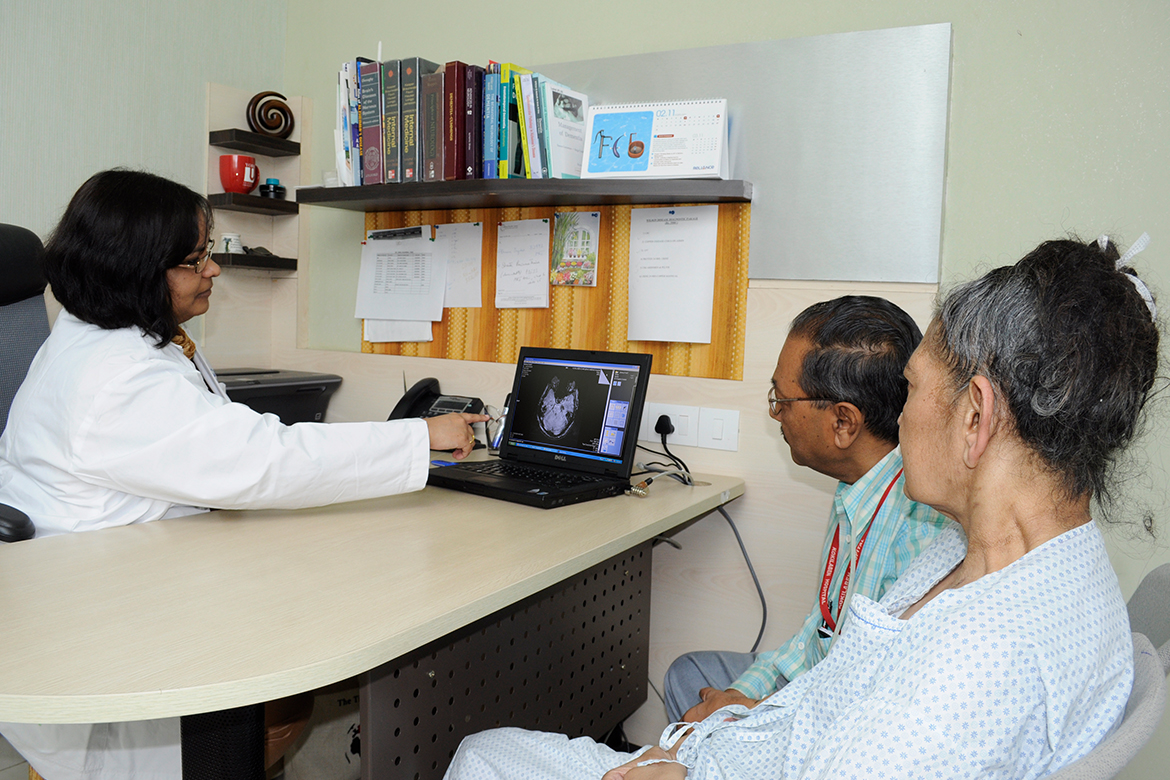At 58 years, Mr R was a changed man. He shopped compulsively, buying dozens of DVDs and cameras that he didn’t need. He even purchased some property without due diligence. He was rude, cracked inappropriate jokes, whistled to call people and became self-centered. Informed about a close friend’s recent unexpected death he remained indifferent. A man of letters, he often struggled to find the correct word. ‘Guitar’ was ‘sound’ and ‘cat’ an ‘animal’.
To all others, expect to his immediate family and people at work, Mr R was normal, though everyone did notice that he was more cheerful, irreverent and less restrained. He would drive to work, dress appropriately, remembered engagements and recalled past events better than many others.
Mr R was suffering from fronto-temporal (FTD) dementia. This is a progressive neurodegenerative disease that affects the frontal lobes that are involved in decision making and are responsible for our personality and behavior. As the name suggests, also affected are the temporal lobes that contain a repository of all the words we know and link these words to their meanings, stored elsewhere in the brain. Patients themselves often refuse medical care as they do not recognize or acknowledge that their behavior is amiss, while the family struggles to cope with the change in personality, apathy and indifference of the affected member. As a change in personality is among the first symptoms and memory and motor skills are preserved, families often seek help from counselors, not recognizing the behavioral problems as a neurological symptom.
FTD results from deposition of abnormal protein in neurons and neuronal dysfunction. As in Mr R (see the previous case report), as the disease progresses, patients have problems in working and in day-to-day activities. Over the next few years, Mr R, found it difficult to repair things at home, something he used to enjoy. He didn’t know how to take the AC filter out for cleaning, how to use pliers or change a light bulb. Patients may become slow in their activities and develop Parkinsonism, tremor, other movement disorders, muscle twitching and weakness.
A number of neurological disorders can mimic FTD, such as, neurometabolic disorders, CJD, autoimmune encephalitis, paraneoplastic syndromes, brain tumors, brain hemorrhage, seizures, strokes and other neurodegenerative conditions. Many of these disorders require distinct treatment and their symptoms may be reversible. Early neurological consultation can help confirm the diagnosis of FTD and its mimics.
Diagnosis of FTD involves neurological assessment including cognitive testing. The latter is an interview-based test done in an out-patient setting. It comprises quizzes and puzzles to assess which brain networks or regions are working sub-optimally. Such an evaluation, therefore, helps diagnose the type of dementia as well as grade its severity and judge treatment response. Brain scans such as MRI, CT and PET scans, and EEG are helpful in diagnosis of FTD and identifying other conditions mimicking FTD. In addition, specialised tests like metabolic markers, vitamin levels, endocrine assessment, cerebrospinal fluid examination, and infection and tumour markers may be required to differentiate FTD from other reversible neurological disorders. In certain cases FTD can be inherited and other members in the family may be affected too. In such instances, genetic tests can be helpful.
There is extensive research related to FTDs and many promising drugs are being explored. At present however, there is no cure for FTD but there are drugs available to alleviate symptoms. These drugs can improve cognitive abilities, and delay functional decline to an extent. Medical treatments include drugs that alter levels of chemicals involved in transmitting signals between brain cells. Effective medical treatments are available for behavioural problems, such as depression, agitation and aggression. Patients are also helped by speech and swallow therapies, counselling services. These problems are common in people with FTD, and can be very distressing especially to the caregivers.
 Back to Site
Back to Site